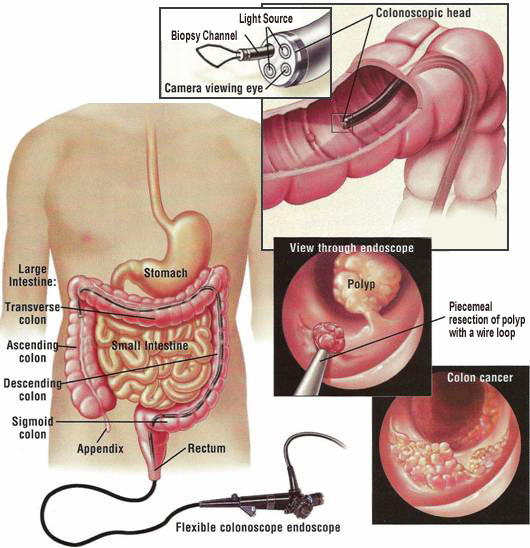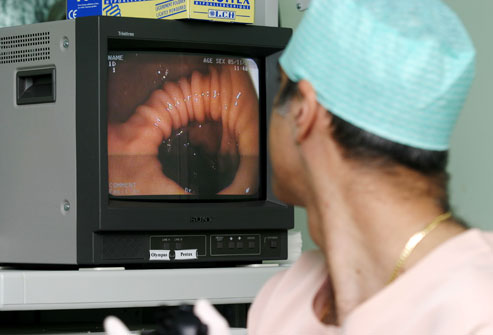 CONTACT US
CONTACT US
Dr Nico Coetzee
Dr Nico Coetzee
Dr Coetzee specializes in Laparoscopic and Open surgery including certain areas of Surgical Oncology
Dr Coetzee specializes in Laparoscopic and Open surgery including certain areas of Surgical Oncology
Dr Coetzee joined the Medi Clinic group at Somerset West in 2009..Previously active and involved in the evolution of Laparoscopic Surgery as a participant and as an educator at Tygerberg Hospital in the Western Cape.
Dr Nico Coetzee
Dr Coetzee specializes in Laparoscopic and Open surgery including certain areas of Surgical Oncology
Dr Nico Coetzee
Dr Coetzee joined the Medi Clinic group at Somerset West in 2009..Previously active and involved in the evolution of Laparoscopic Surgery as a participant and as an educator at Tygerberg Hospital in the Western Cape.
Dr Coetzee joined the Medi Clinic group at Somerset West in 2009..Previously active and involved in the evolution of Laparoscopic Surgery as a participant and as an educator at Tygerberg Hospital in the Western Cape.
Dr Nico Coetzee
COLONOSCOPY
What is a colonoscopy?
Colonoscopy is a procedure that enables your surgeon to examine the lining of the rectum and colon. It is usually done in the hospital or an endoscopic procedure room. A soft, bendable tube about the thickness of the index finger is gently inserted into the anus and advanced into the rectum and the colon.
Why is a colonoscopy performed?
A colonoscopy is usually done 1) as part of a routine screening for cancer, 2) in patients with known polyps or previous polyp removal, 3) before or after some surgeries, 4) to evaluate a change in bowel habits or bleeding or 5) to evaluate changes in the lining of the colon known as inflammatory disorders.
What preparation is required?
The rectum and colon must be completely emptied of stool for the procedure to be performed. In general, preparation consists of consumption of a special cleansing solution or several days of clear liquids, laxatives and enemas prior to the examination. Your surgeon or his staff will give you instructions regarding the cleansing routine to be used.
Follow Dr Coetzee’s instructions carefully. If you do not complete the preparation, it may be unsafe to perform the colonoscopy and the procedure may have to be rescheduled. If you are unable to take the preparation, contact Dr Coetzee
Most medications can be continued as usual. Medication use such as aspirin, Vitamin E, non-
It is essential that you alert your surgeon if you require antibiotics prior to undergoing dental procedures, since you may also require antibiotics prior to colonoscopy.
You will most likely be sedated during the procedure and an arrangement to have someone drive you home afterward is imperative. Sedatives will affect your judgment and reflexes for the rest of the day. You should not drive or operate machinery until the next day.


What can be expected during colonoscopy?
The procedure is usually well tolerated, but there is often a feeling of pressure, gassiness, bloating or cramping at various times during the procedure. Your surgeon will give you medication through a vein to help you relax and better tolerate any discomfort that you may experience. You will be lying of your side or your back while the colonoscope is advanced through the large intestine. The lining of the colon is examined carefully while inserting and withdrawing the instrument. The procedure usually lasts for 15 to 60 minutes. In rare instances the entire colon cannot be visualized and your surgeon could request a barium enema.
What if colonoscopy shows an abnormality?
If your surgeon sees an area that needs more detailed evaluation, a biopsy may be obtained and submitted to a laboratory for analysis. Placing a special instrument through the colonoscope to sample the lining of the colon does this. Polyps are generally removed. The majority of polyps are benign (non-
What happens after colonoscopy?
Dr Coetzee will explain the results to you after your procedure or at your follow up visit. You may have some mild cramping or bloating from the air that was placed into the colon during the examination. This should quickly improve with the passage of the gas. You should be able to eat normally the same day and resume your normal activities after leaving the hospital. Do not drive or operate machinery until the next day, as the sedatives given will impair your reflexes.
If you have been given medication during the procedure, you will be observed until most of the effects of the sedation have worn off (1-
If polyps were found during your procedure, you will need to have a repeat colonoscopy. Dr Coetzee will decide on the frequency of your colonoscopy exams.
What complications can occur?
Colonoscopy and biopsy are safe when performed by surgeons who have had special training and are experienced in these endoscopic procedures. Complications are rare, however, they can occur. They include bleeding from the site of a biopsy or polypectomy and a tear (perforation) through the lining of the bowel wall. Should this occur, it may be necessary for your surgeon to perform abdominal surgery to repair the intestinal tear. Blood transfusions are rarely required. A reaction to the sedatives can occur. Irritation to the vein that medications were given is uncommon, but may cause a tender lump lasting a few weeks. Warm, moist towels will help relieve this discomfort.
It is important to contact your surgeon if you notice symptoms of severe abdominal pain, fevers, chills or rectal bleeding of more than one-


